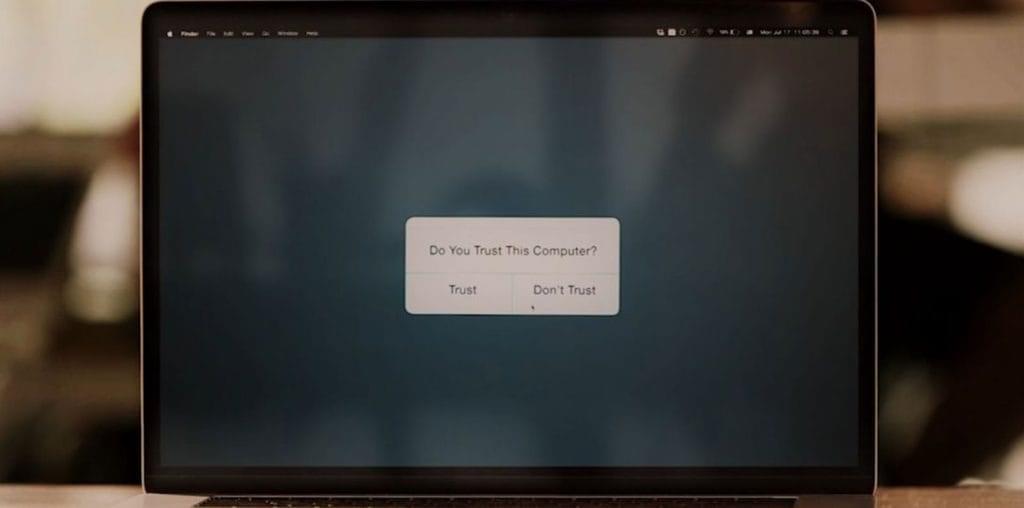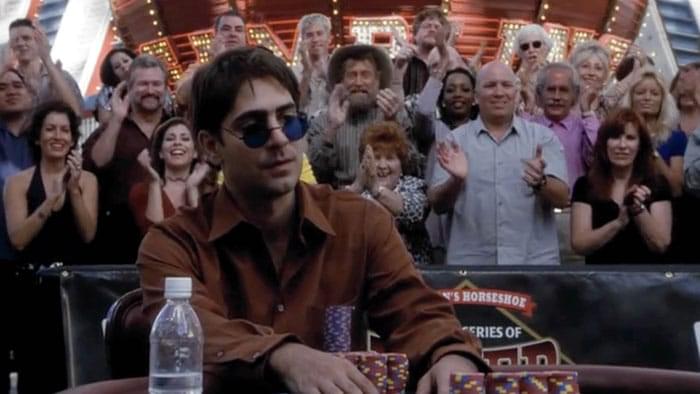
Jennifer Lopez is now such a multimedia icon that it’s easy to forget that her acting skills are what earned her first major notice back in 1997 with her Golden Globe-nominated performance in “Selena.” So how refreshing–and somewhat surprising–it is to find Lopez following up the vapid vanity vehicle that was The Wedding Planner with “Angel Eyes,” an intimate character-driven piece that allows her to dispense with all traces of that larger-than-life “J. Lo” persona and show the talent that often gets hidden under all the hype.
The fine work Lopez accordingly does in “Angel Eyes” is hardly a shock, but the very nature of the film is. In its publicity campaign, Warner Bros. has been working a supernatural angle that is nonexistent in what is a most decidedly down-to-earth drama. Lopez, after “Money Train” and Out of Sight, adds another law enforcement officer to her filmography as Sharon Pogue, a tough Chicago cop. When a perp gets the best of her and comes thisclose to shooting her point blank, a mysterious stranger named Catch (Jim Caviezel) comes to Sharon’s rescue and saves her life. The pair become friends and eventually lovers, but preventing them from achieving a true intimacy is Catch’s stubborn refusal to tell Sharon anything about his life before their seemingly chance meeting.
A mystery story is expected to arise from this scenario, but the film ends up going in a different direction. While there are some lingering questions about Catch, writer Gerald DiPego and director Luis Mandoki all but flat out state how Sharon and Catch are connected in the film’s opening moments. The real concern of “Angel Eyes” is how these two characters deal with traumas of the past and how such experiences have shaped them into who they are today. In Sharon’s case, it’s led her to become a hardened police officer; in Catch’s, he transformed himself into a faceless wanderer who tries to do random good deeds for others. What links these two (that is, aside from that “mystery” connection) is their isolation–though for Sharon it’s more a result of circumstance while it’s a choice for Catch.
Such issues sound overly sticky when described like so, but the understated execution of the material mutes the melodrama and amplifies the realism. Mandoki wisely takes his time building the relationship between Sharon and Catch, and the choice yields obvious benefits in the leads’ performances. Lopez and Caviezel don’t display an immediate spark–in fact, Mandoki works overtime to establish a certain level of significance in their first big “eyes meeting” scene that isn’t inherently felt–but rather ease into a comfortable groove with each other much like how their characters increasingly warm to each other with each meeting. Mandoki’s gentle, unhurried touch also informs the individual performances. A characteristically sedate Caviezel can easily be written off as being overly passive, but there’s a lot going on in his expressive eyes, and the largely internal slant of his performance gives any external outbursts that much more power and poignance.
And then there’s the leading lady herself, who in the initial stages of “Angel Eyes” appears to be doing a dry run-through of those previous steely law enforcement roles. But as Sharon’s feelings for Catch deepen and as she’s forced to face certain demons from her family’s past, Lopez’s work grows layers that are then gradually stripped away, exposing a raw, naked emotional vulnerability by film’s end that is quite disarming. Her body, her side music career, and her aggressive knack for self-promotion may be what earns “J. Lo” headlines now, but what will give the name “Jennifer Lopez” some meaning years from now is what she’s able to accomplish on the big screen.

